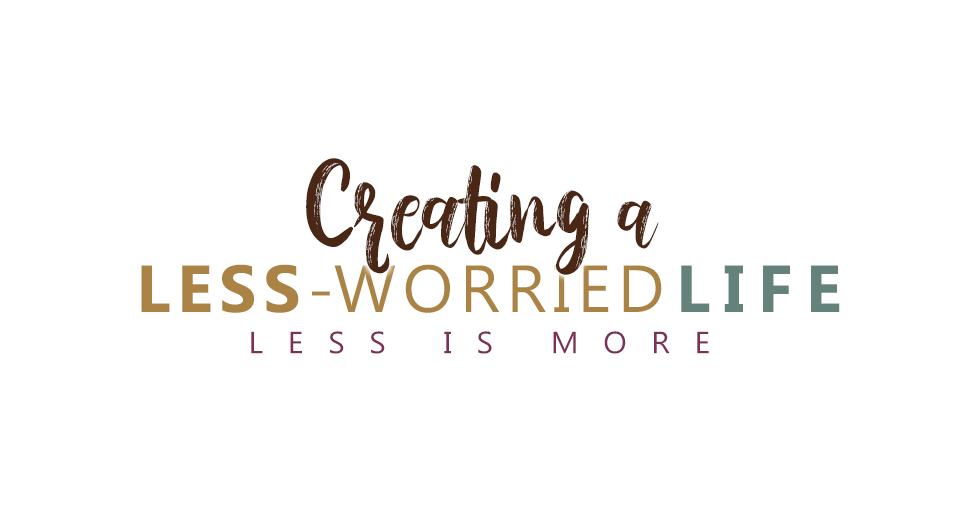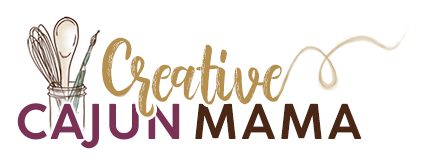
Thanks again for joining this email series! This means that you are ready to start getting better with money and take that worry off your shoulders. But, I can’t let you leave without the tools you need to follow through.
These tools are extremely helpful, but remember what I said previously – the math is only 20% of the work. It’s very important, but more importantly, our behavior is what will be the tattle tell of our success with money! We can set it all up, our budget can be ready to sail, but if we don’t consistently steer that sailboat in the right direction, we’ll be drifting off into the sea and back to our old ways of handling money – and lost at sea.
But there’s one thing that is so great about life in general. Just like a batter up to the plate, we get a second and third chance – let’s not take that for granted. God has given us so many undeserved chances that we finally got it right! I guess some of us need more practice than others.
Something I didn’t mention in the other emails: Leave a section for “Blow” money. This is money that you set aside each pay period to spend on whatever you want, without question. When we were paying off debt, we only gave ourselves about $15 each (Ernie and I). If we wanted to splurge on something that costed $60, this means that we had to save up 4 pay periods in order to buy it! The BLOW category is very important though, because you will want to be able to have a little extra money to spend on whatever you want without question or interrogation from your spouse. It is your spending money that you don’t have to answer for. Yes, that is budgeted in, so that you can still have a little wiggle room and not go too stir-crazy! This is something that you decide ahead of time, along with all your other expenses.
Budgeting App
The best budgeting tool out there is Every Dollar. It is always live, and Ernie and I can both view it from our phones at any given time to see how much money we have left in each category. Following the instructions to set it all up, it requires you to set it up on your desktop first. Then, when you sign in on the app, you are all set! There’s a help section and detailed instructions.
Remember, if you don’t use up all your money in that one category or “fund,” it rolls over to the next month. Essentially, whatever money remains in your categories, this money all added up all together will equal the amount that your bank says that you have left in your account! Every single category we have, including “bills” that are paid each month, we have them set up as a “fund.” That way, whatever isn’t used up will roll over to the next month. It may take some getting used to at first, but you will get it! Don’t give up.
Budgeting in Excel
In addition to Every Dollar, I use Excel to set up my bills and categories each month based on our bi-weekly pay periods. This spreadsheet I’m sharing with you is something I created to automatically subtract expenses from income, and is used as a guide to enter the numbers into Every Dollar. This is the zero-based budget that I explained in Day 2, and is the digital version of the hand-written one I shared with you. It allows you to see the entire month ahead of time, even months ahead of time if you create more copies of the sheet.
In order to use this spreadsheet, you must have a very good understanding of Excel. Instructions are simple:
- The colored spaces are NOT to be typed into, as they are configured with formulas. The WHITE spaces are the ONLY spaces to be typed into.
- each month, you need to start with a new blank sheet
- the top section is the income (which you enter first). Each row at the top is one week (up to 5 per month). Once entered, you will see it move down to the expense section below, ready to be subtracted from, as you enter expenses.
- the bottom section is the expenses. Each row is one week. Change your expenses and categories as needed, and as you enter amounts, you will see what is “leftover” at the bottom. Once all of your money is budgeted into all of your categories for that week until there is NO INCOME left and it reads exactly ZERO (down to the very last cent), THEN you can enter them into the Every Dollar app.
- If you don’t want to use the App, it will be difficult to track transactions and balance your checkbook if you consistently use a debit card. You may need to use cash only if this is the case. Take out the cash you will need for that category and subtract it from you checkbook, and on a separate sheet of paper, keep track of how much money you have left in each category. This is exactly what I used to do before the app was invented. Dave Ramsey suggests that you ONLY use cash when you first start budgeting. Then, when you run out, you’re out! Believe me, this works. Many people think that if they have cash that they will spend it all. Not if that’s all you get! You will hang on to that cash with your life if you know that’s all you get.
- Irregular income: If you have an irregular income (like ourselves), this Excel sheet works perfectly because you estimate what your pay may be ahead of time. Then, when you get paid and you enter the actual amount at the top in the income section, you can see immediately how much you have leftover or may be short, and you can adjust your expenses accordingly to match your income for that pay period.
Click below to download this Excel spreadsheet for your personal use! You will also notice that I included an example sheet next to the blank one. Hope you can put it to good use!
Books
These are the books that taught us everything we know! The Total Money Makeover goes further into wealth building, if that’s something that interests you – it should! It will also teach you so much more about money that you never knew! And it also includes a tons of inspiring stories from people like me and you. He also teaches you how to become wealthy for one reason – to be able to be outrageously generous! Which leads me to another excellent book – The Legacy Journey. Chris Hogan’s Retire Inspired will get you on the right track to retiring with dignity. And finally, to teach all of this to your kids of any age, I highly recommend Smart Money Smart Kids.
All of these books are Biblically sound and have given us so much insight to things we would have never known otherwise. Of course, as mentioned before, some things may not coincide with your personal Biblical beliefs, but if you’re a Bible-believer, the principles are the same.
This series was only a portion of what may be required to get on the path to worrying less about money. All results vary, and we all have different circumstances, but the ones who get to the top are the ones who never give up. I hope this series has motivated you to look for better ways of doing things and getting creative with your resources.
Once again, be on the lookout for my first eBook I’m in the process of writing! It will contain more in-depth material to help you create a less-worried life, using my own personal systems, organizing tools, and tons of ways to help simplify your life – even a simple meal plan! I can’t wait to share!
~Jenn
Want to take the 5-Day e-Course again? Click here to sign up or share with a friend.
